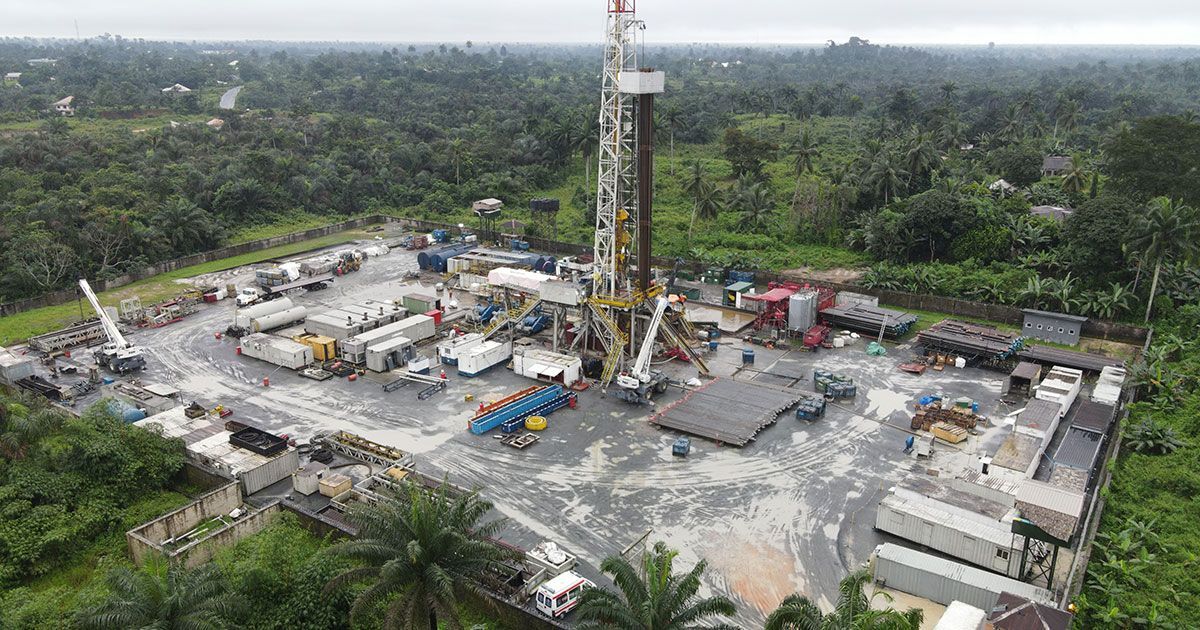.Reduction of signature bonus to $10m has restored investors’ confidence, says Komolafe
Peter Uzoho
The Nigeria Extractive Industries Transparency Initiative (NEITI) has lamented the loss of a whopping 13.5 billion barrels of oil valued at $3.3 billion in 2022 alone, blaming that on institutional weaknesses and lack of accountability.
The Executive Secretary of NEITI, Dr. Otji Ogbonnaya Orji, stated this in Lagos in his presentation at the NAEC Energy Conference organised by the Association of Energy Correspondents of Nigeria, with the theme, ‘Nigeria’s Energy Future: Optimising Opportunities and Addressing Risks for Sustainable Growth’.
Orji, whose presentation centred on ‘Transparency as the Foundation of a Sustainable Energy Future’, also revealed that NEITI’s findings also exposed the cost of accountability in the Nigerian oil and gas industry.
“Our findings also exposed the devastating cost of poor accountability. In 2022 alone, Nigeria lost 13.5 million barrels of crude oil valued at $3.3 billion to theft and sabotage. That is revenue that could have financed a full year of the federal health budget or provided energy access to millions of households.
“These losses are not just economic — they represent broken trust, institutional weaknesses, and missed opportunities for national progress. This is precisely why transparency and accountability are not optional. They are existential,” Orji stated.
He said Nigeria’s energy future will not be defined by the size of the reserves or production capacity, but by how transparently and prudently the country manages the natural resource wealth, including the revenues, data, contracts, and decisions that shape the national destiny.
He maintained that the era of secrecy in resource governance was over, pointing bout that the global energy transition towards cleaner fuels, gas optimisation, and renewable energy requires openness, responsibility, and innovation at every stage of the value chain.
At NEITI, Orji said their philosophy was clear and uncompromising, adding that data builds trust, and trust drives investment.
According to him, transparency is not a bureaucratic exercise but an economic imperative that attracts capital, technology, and partnerships, noting that that was made evident in the latest NEITI industry reports.
He said, “The NEITI 2021–2022 Oil and Gas Industry Reports revealed that Nigeria earned $23.04 billion in 2021 and $23.05 billion in 2022 from the sector. However, we also identified outstanding remittances of N1.5 trillion owed to the Federation by some companies and government agencies — funds that could significantly support energy infrastructure, education, and healthcare if recovered.”
In his regulatory address at the conference. Chief Executive Officer of the Nigerian Upstream Petroleum Regulatory Commission (NUPRC), Mr. Gbenga Komolafe, represented by the Director of NUPRC Lagos Office, Mr. Paul Osu, said the slash of signature bonus for oil blocks in 2024, from a high of over $100 million to about $10 million has led to the return of investment in the industry.
Komolafe explained that this single decision has strengthened investor confidence, encouraged early production of oil and gas and reinforced Nigeria’s reputation as an open and competitive upstream jurisdiction.
More so, he said the commission also prioritised production optimisation and recovery enhancement, stressing that by reviewing field development plans, supporting brownfield optimization and enabling the re-entry of shut-in wells, the NUPRC has facilitated renewed activity across mature assets.
Komolafe stated, “The commission introduced a fully digitalised and transparent licensing process. During the 2024 mini-bid round, human interface was minimised and transparency maximised.
“Working with the President, His Excellency Asiwaju Bola Ahmed Tinubu, GCFR, signature bonuses were reviewed downward from about $100 million to $10 million, allowing investors to commit more resources to field development.
“This single decision has strengthened investor confidence, encouraged early production and reinforced Nigeria’s reputation as an open and competitive upstream jurisdiction.”
He added that these interventions were projected to deliver incremental volumes exceeding one million barrels of oil per day, a key milestone toward achieving the national production target of 2.5 million BOPD by 2027.
According to him, a sustainable rebound also demands secure infrastructure and credible measurement systems, saying the commission has collaborated with security agencies, private contractors and community stakeholders in implementing the Upstream Measurement Regulation and the Advance Cargo Declaration Regulation.
The result, he said, was a remarkable 90 per cent reduction in crude oil theft from over 102,000 barrels per day in 2021 to 9,600 barrels per day as of September 2025.

